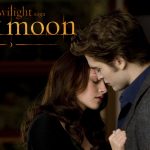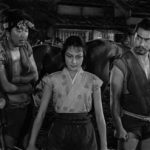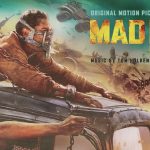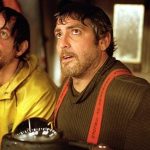Black Hawk Down (2001)
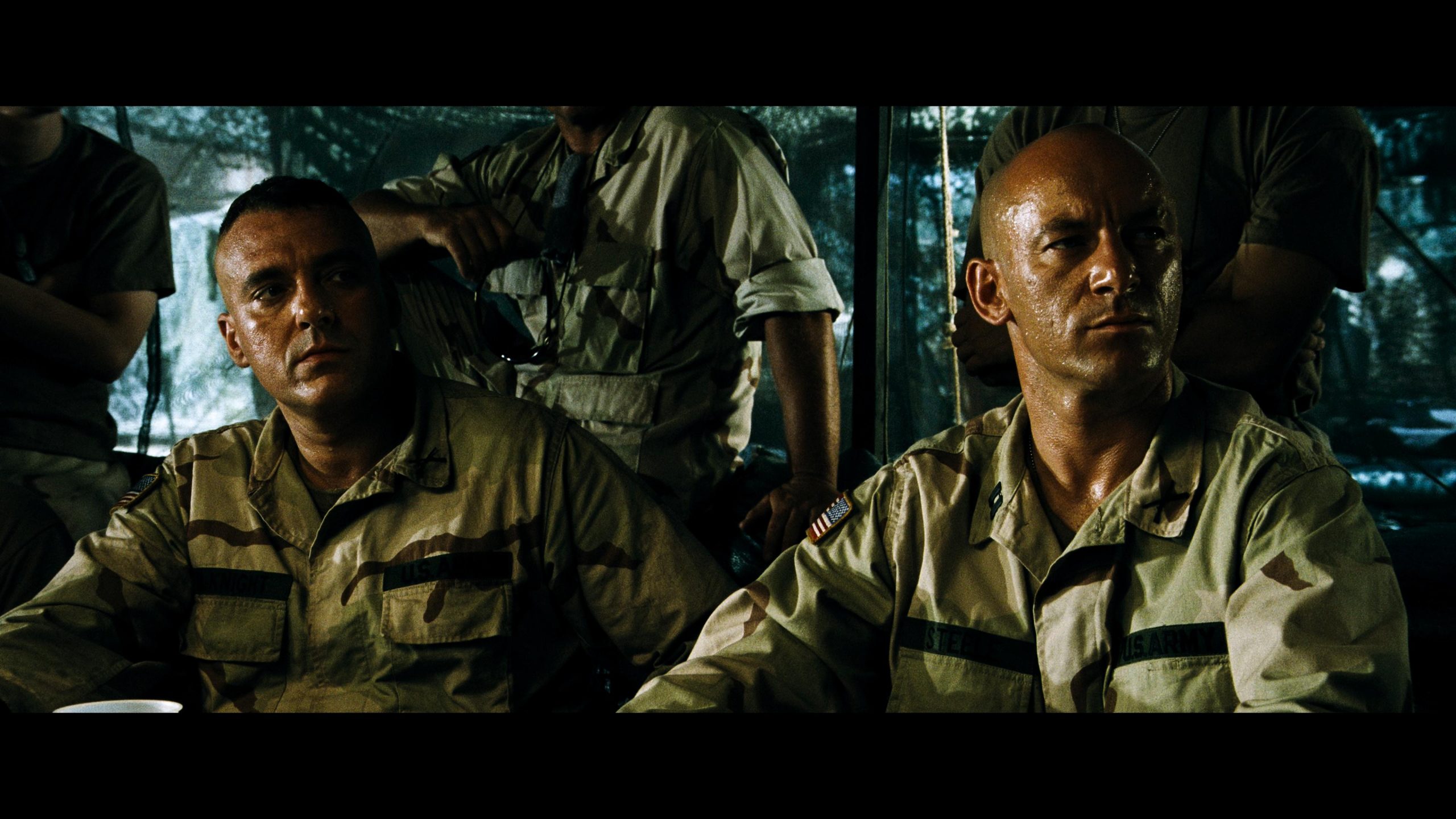
“Black Hawk Down”: A Raw Portrayal of Modern Warfare Directed by Ridley Scott
Suggested videos for you:
Blitz (2011)
The Legend of a Hero Specializing in Hunting the Most Terrible Monsters in Greece
Released in 2001, “Black Hawk Down” is a powerful war film directed by Ridley Scott, based on the true events of the Battle of Mogadishu in 1993. Adapted from the book by Mark Bowden, the film chronicles the harrowing mission of U.S. forces sent to capture a Somali warlord, Mohamed Farrah Aidid. With its unflinching depiction of combat and the chaos of urban warfare, “Black Hawk Down” stands as a significant entry in the genre, offering a sobering look at the complexities and tragedies of modern military operations.
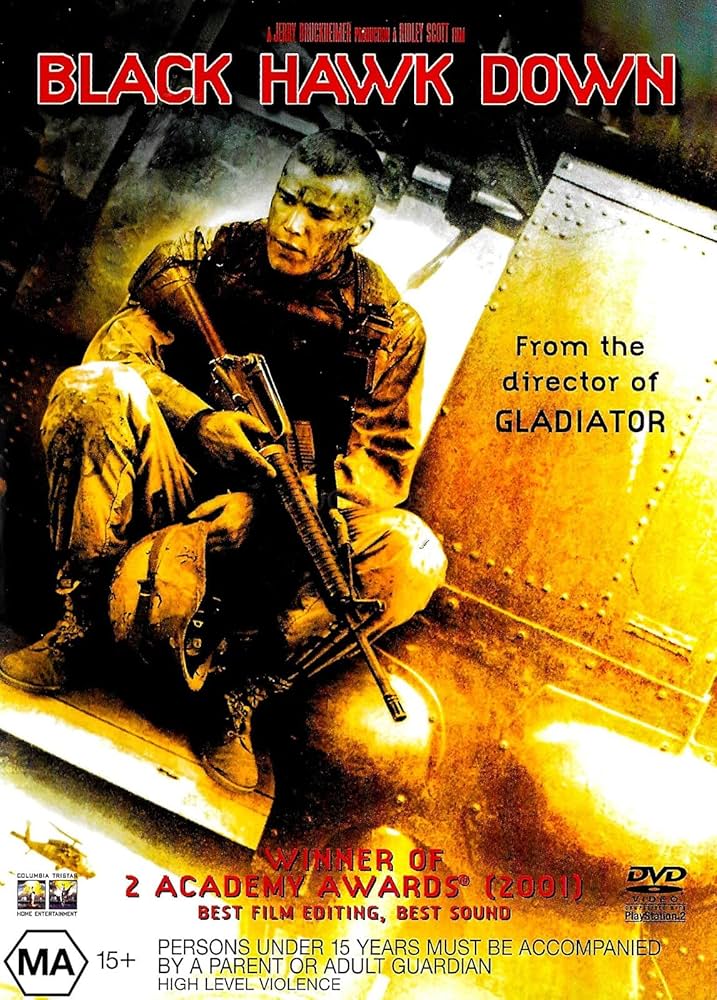
The narrative centers around a planned raid by U.S. Army Rangers and Delta Force operatives in Mogadishu, aimed at capturing two of Aidid’s top lieutenants. What begins as a straightforward operation quickly spirals into a nightmare when two Black Hawk helicopters are shot down, leading to a prolonged firefight between American soldiers and Somali militia. The film follows multiple perspectives, showcasing the bravery and desperation of the soldiers on the ground as they attempt to rescue their comrades amidst a hostile urban environment. The story highlights themes of heroism, sacrifice, and the unpredictable nature of warfare, illustrating the profound costs of military engagements.
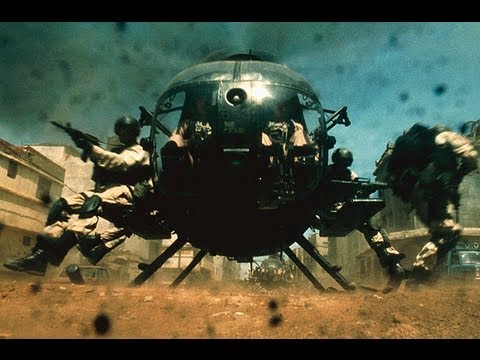
Ridley Scott’s direction is characterized by his mastery of visual storytelling and his ability to create tension and urgency. The film employs a gritty, documentary-like style that immerses the audience in the chaos of battle. Scott’s use of handheld cameras and dynamic editing captures the intensity of the combat, making viewers feel as though they are part of the unfolding action. The cinematography by Roger Deakins effectively contrasts the stark landscape of Mogadishu with the emotional turmoil faced by the soldiers, enhancing the film’s visceral impact.
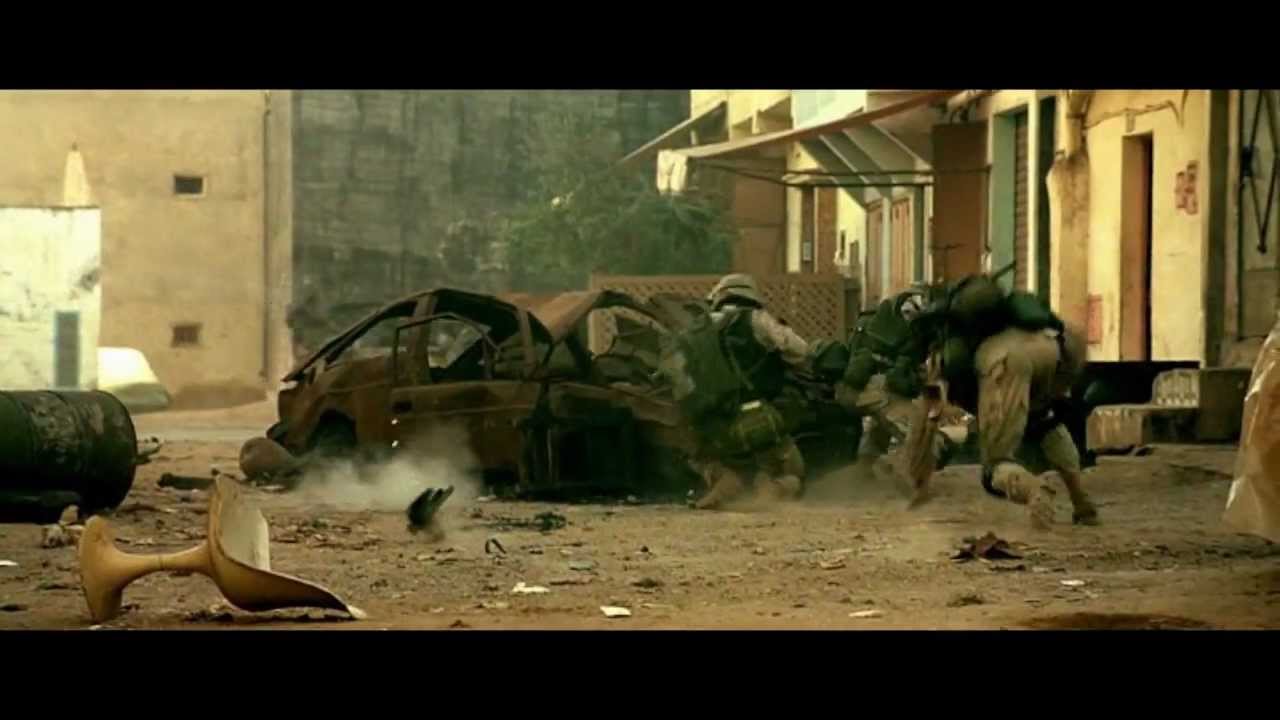
“Black Hawk Down” is primarily classified as a war drama, but it also incorporates elements of action and thriller genres. The film delves into the psychological aspects of war, exploring the camaraderie among soldiers as well as the horrors they face. It presents a nuanced portrayal of military life, emphasizing the bonds formed under extreme conditions while also acknowledging the moral ambiguities of military intervention. The film raises questions about the nature of heroism and the consequences of foreign involvement, prompting viewers to consider the complexities of modern warfare.
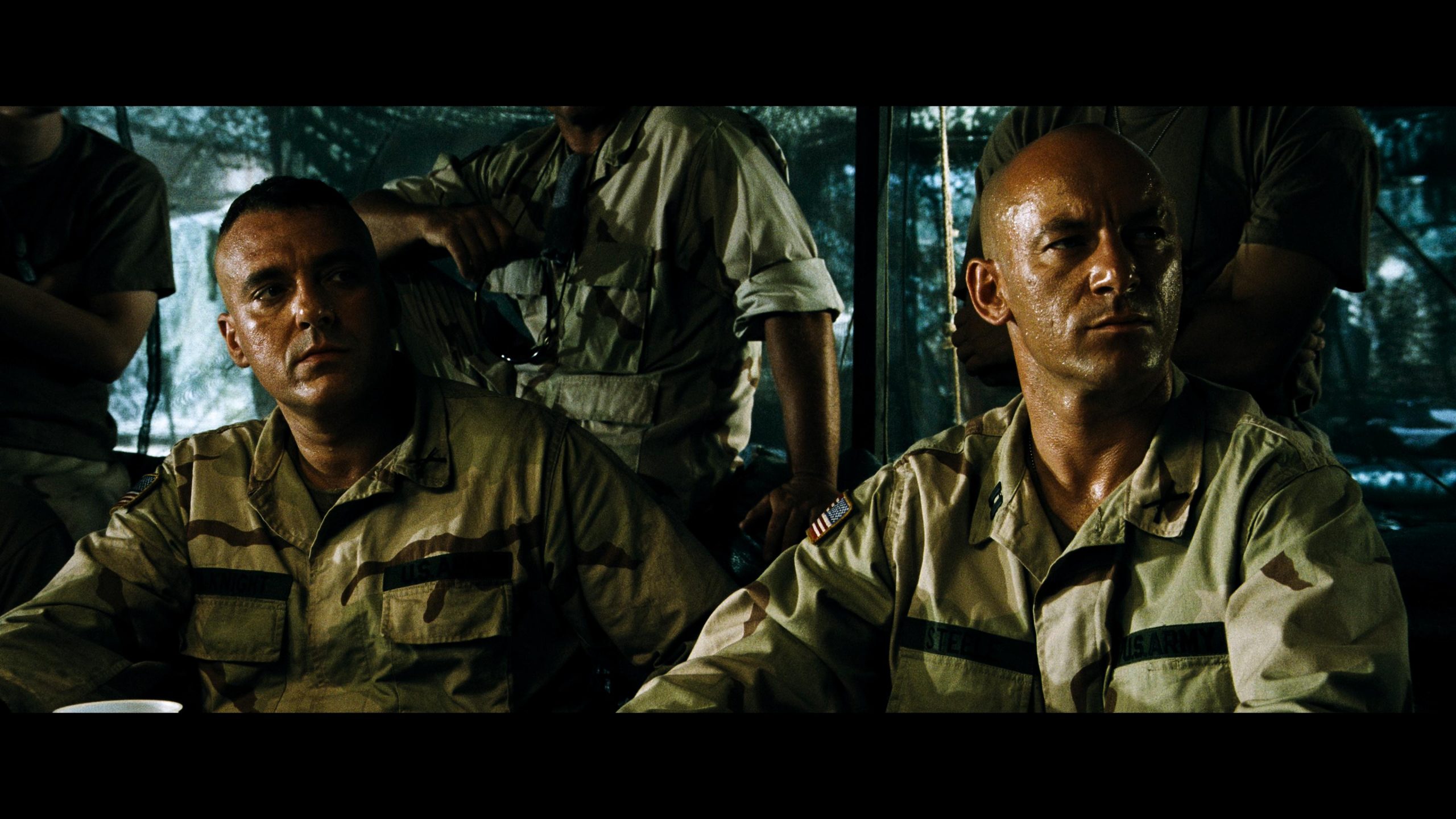
The ensemble cast features notable performances from actors such as Josh Hartnett, Ewan McGregor, Eric Bana, and Tom Hardy, each portraying soldiers with distinct backgrounds and motivations. Josh Hartnett shines as Staff Sergeant Matt Eversmann, the film’s central character, whose journey encapsulates the fears and challenges faced by those in combat. The strong performances from the supporting cast contribute to the film’s emotional weight, allowing audiences to connect with the individual stories of sacrifice and bravery.
Upon its release, “Black Hawk Down” received critical acclaim for its realistic portrayal of combat and its technical achievements. The film was nominated for four Academy Awards, winning two for Best Film Editing and Best Sound. Critics praised Scott’s ability to balance intense action with character development, making the film both thrilling and thought-provoking. “Black Hawk Down” has since become a reference point for war films, influencing subsequent portrayals of military conflict in cinema.
In conclusion, “Black Hawk Down” is a gripping and intense depiction of modern warfare that offers a raw and realistic portrayal of the complexities of military engagement. Directed by Ridley Scott, the film combines thrilling action with a poignant exploration of heroism, sacrifice, and the human cost of war. Through its compelling narrative and strong performances, “Black Hawk Down” invites audiences to reflect on the realities faced by soldiers in the line of duty, ensuring its place as a significant work in the canon of war films. Its powerful storytelling and visual mastery leave a lasting impact, resonating with viewers and highlighting the profound challenges of contemporary military operations.
